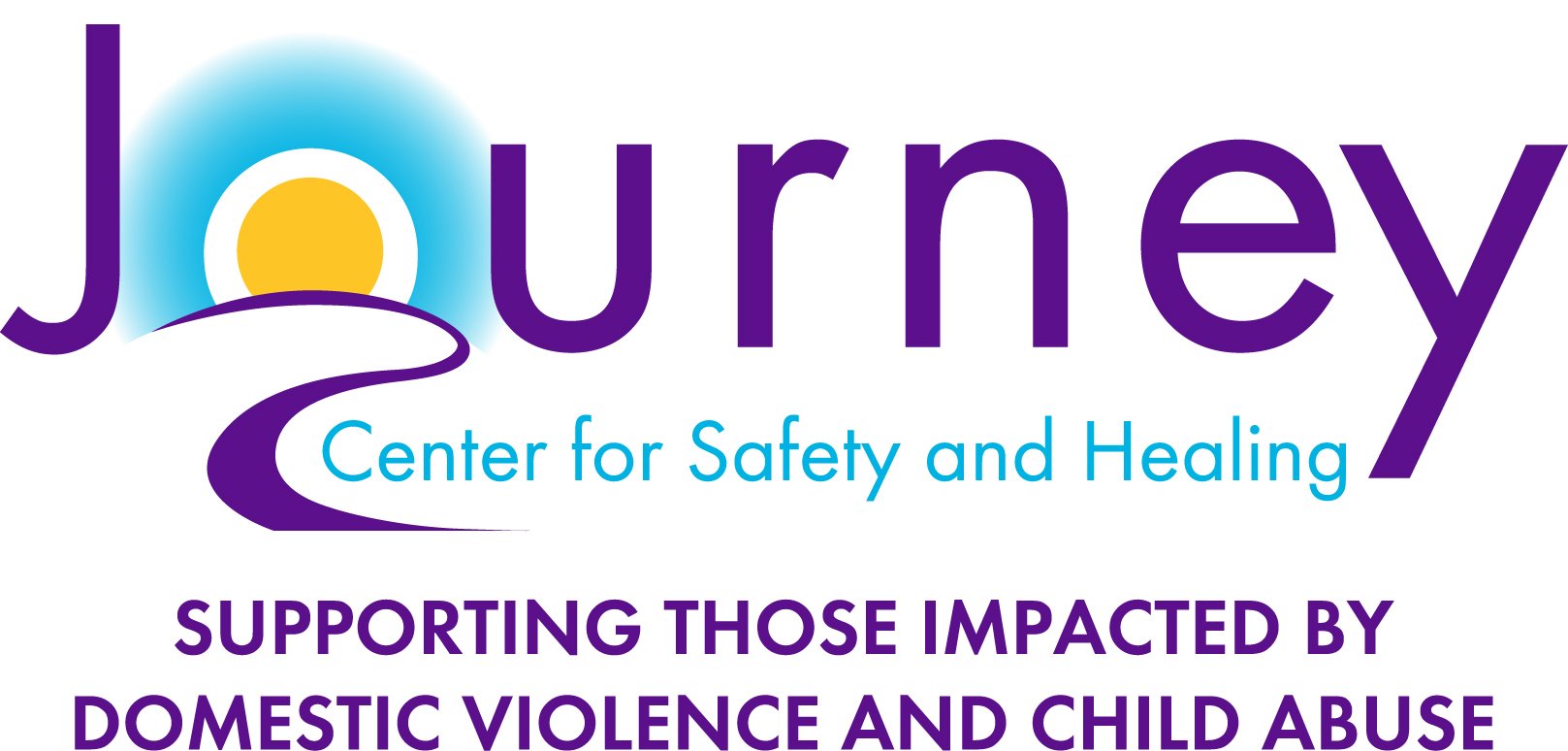Let's Talk: Sexual Abuse
February is Teen Dating Violence Awareness Month, and it’s crucial to have open conversations about the different forms of abuse that can occur in relationships. Understanding what sexual abuse is and how it can manifest is the first step toward recognizing it and seeking help.
Sexual abuse is when someone persuades, forces, or coerces their partner to engage in sexual activity—for any reason. It can happen in many ways, and it's important to know that it is never acceptable.
Data from CDC's Youth Risk Behavior Survey in 2021 indicated that among U.S. high school students who reported dating during the 12 months before the survey about 1 in 10 experienced sexual dating violence.
Sexual abuse can take many forms, and here are some behaviors that fall under this category:
Unwanted Kissing or Touching: Any physical contact that is not welcome or wanted is a violation of personal boundaries.
Rough or Violent Sexual Activity: When sexual activity is forced or done in a rough way that the other person does not agree to.
Refusing Protection: Not using condoms or restricting someone's access to birth control is a form of control.
Sexual Insults: Using language that humiliates or degrades someone sexually.
Taking Advantage of Inability to Consent: Engaging in sexual contact with someone who is drunk, unconscious, or otherwise unable to give clear consent is not only abusive but also illegal.
Threats or Coercion: Pressuring someone into sexual acts or threatening them.
Disrespecting Boundaries: Not respecting someone’s personal boundaries.
Victims might feel isolated or ashamed, thinking they’re alone in their experience. If you believe you have experienced sexual abuse, know that you are not alone, and help is available.
Reach Out to Someone You Trust: It’s very important to talk to someone who can support you. This could be a friend, family member, teacher, or counselor. Sharing your feelings can help you process what you're going through and affirm that what you feel is valid.
Remember that You Have Options: No matter the situation, you always have choices. You have the right to seek help and support to find a way out of any unhealthy or abusive relationship.
Encouraging open lines of communication between parents, educators, and teens is necessary in addressing sexual abuse in dating relationships. By fostering a culture of open discussion, awareness, and education, we can assist teens in recognizing signs of abuse, seek help, and develop healthy, respectful relationships.
You are valued, and your well-being matters. You are not alone, and we are here to support you.
At Journey Center, we want you to know that you deserve to be in a safe and healthy relationship. Our 24-Hour Helpline is always available for you. You can call us anytime to talk about your feelings, ask questions, or get the help you need.
Call or text our 24-Hour Helpline: 216.391.4357 (HELP) or live chat.
